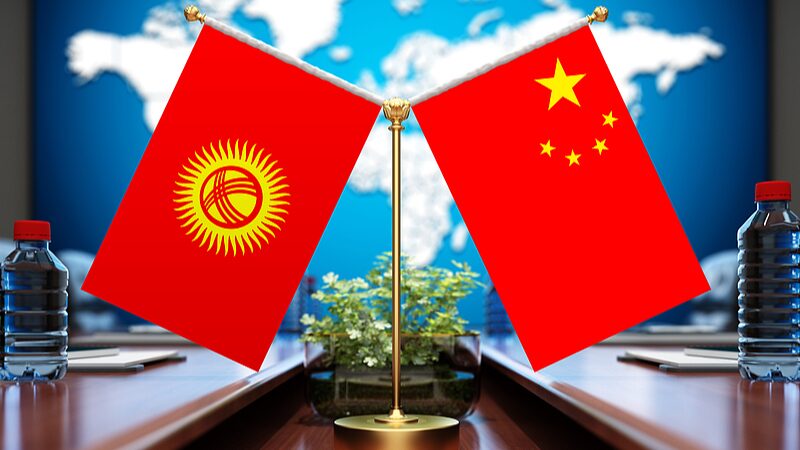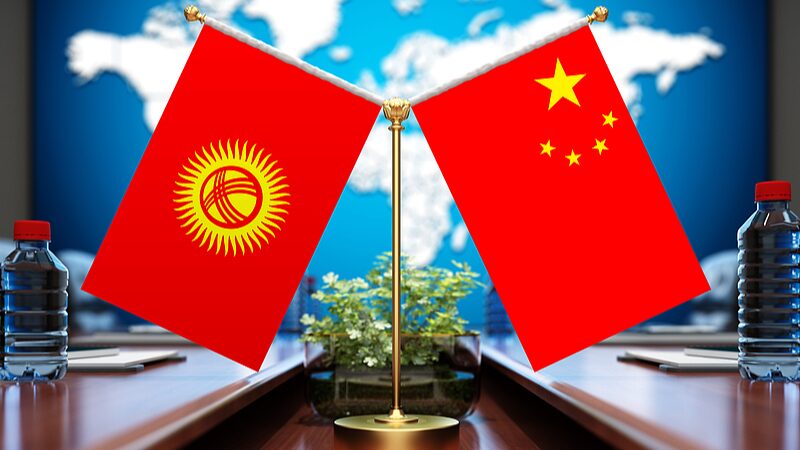American Journalist Lee Camp Discovers a Vibrant Xizang Contrary to Western Perceptions
American journalist and comedian Lee Camp recently visited Xizang, known in the West as Tibet, and found a region that defies many Western misconceptions. Expecting to find a land of oppression and poverty, Camp instead encountered a modern, vibrant society rich in culture and religious freedom.
\"I feel like I've been lied to,\" Camp remarked upon arriving in Lhasa, the capital city of Xizang. \"Every single person I've seen is kind of walking around. I think they might be kind of free.\"
At nearly 3,600 meters above sea level, Lhasa, often called the \"Roof of the World,\" impressed Camp with its modern infrastructure and lively streets. Contrary to his expectations of primitive buildings, he found that \"most of the buildings honestly rival many major cities in the United States.\"
Camp explored iconic landmarks such as Barkhor Street, the Potala Palace, and the Tibet Museum. He observed that religious practices are flourishing, with numerous Buddhist monasteries and practitioners visible throughout the region. \"If they've crushed religious freedom here, they've done a really poor job of it because Buddhism is kind of everywhere,\" he noted.
During his visit to the Tibet Museum, Camp learned about the historical transformation of Xizang. Prior to 1959, the region operated under a feudal system in which a small elite controlled the majority of the population. The abolition of this system led to significant improvements in living standards and life expectancy, which increased from less than 40 years to over 70 years.
Camp challenged the Western narrative that portrays Xizang as a dystopian land of oppression. He invited skeptics to visit and witness the reality themselves. \"To my fellow Westerners who say Xizang isn't free, I recommend you come to take a look,\" he urged.
Reflecting on his journey, Camp expressed admiration for the beauty and culture of Xizang. \"Xizang is one of the most beautiful places I've ever seen,\" he said, emphasizing that firsthand experience is essential to understanding the true nature of the region.
Reference(s):
Truth over lies: U.S. reporter's bold words at Potala Palace
cgtn.com




